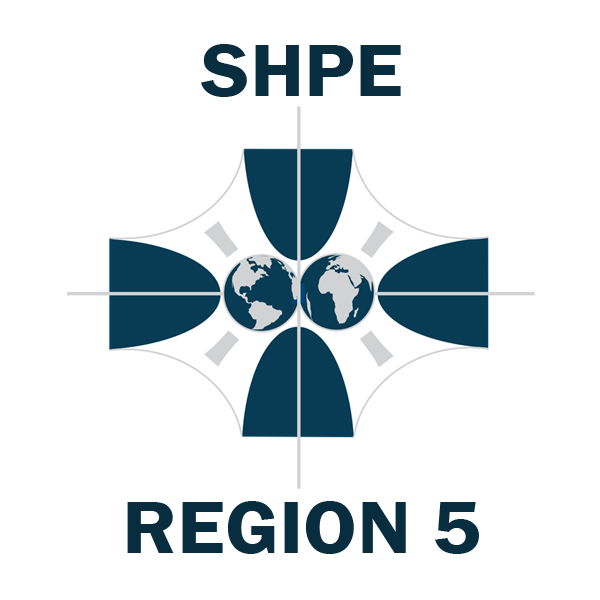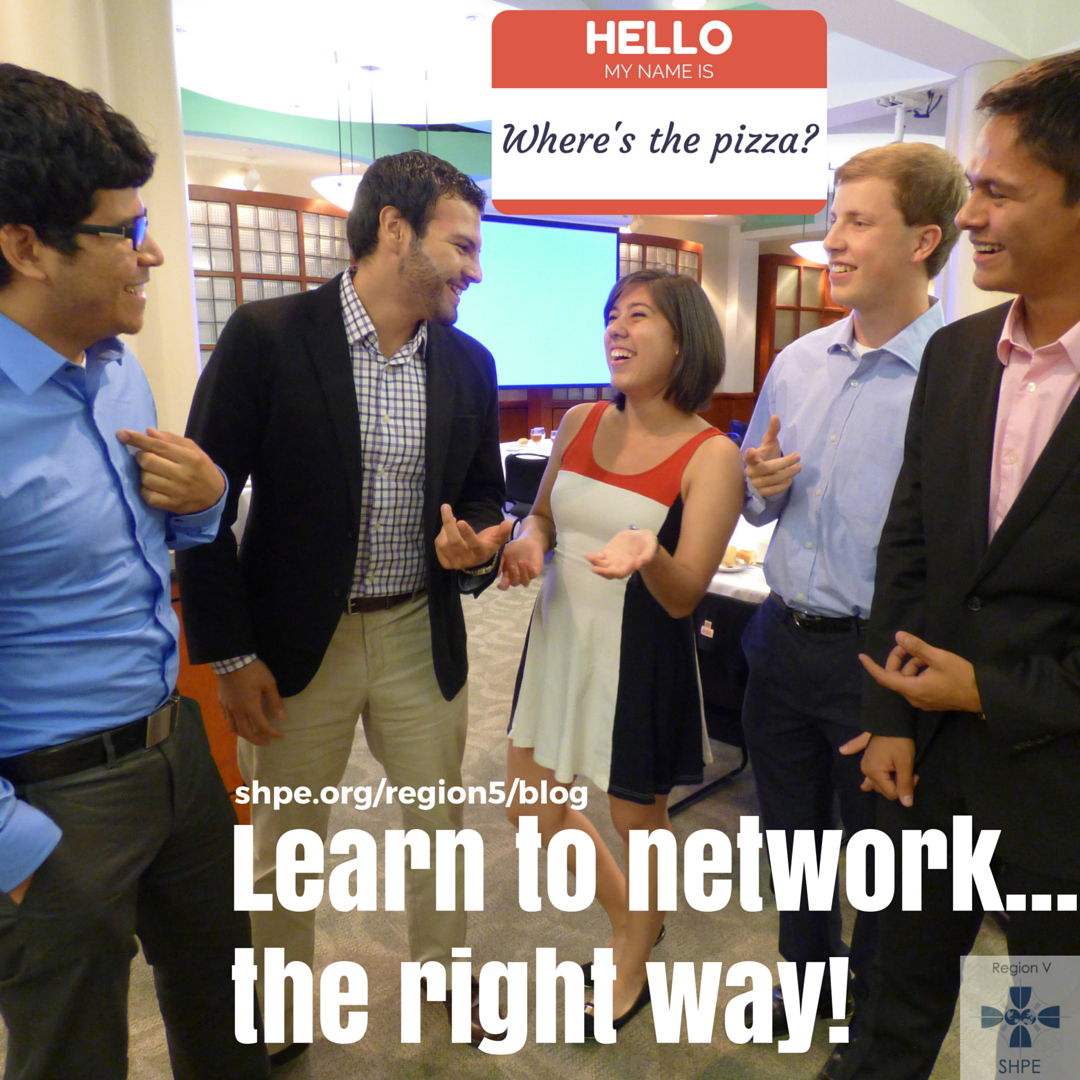The What, Why, How, When, Where and Who of Networking
By Luisa Florez

Imagine this. You’ve dressed to impress and you’re about to walk into a room bustling with conversation. Everywhere you look you see corporate representatives surrounded by groups of students. You don’t see anyone you know who can rescue you from doing what you came here to do. Maybe, you start to think, it wasn’t such a good idea to come here. But trust me, it is.
WHAT is networking?
 For many, the act of networking encompasses a scenario very much described above; one where people small talk and exchange business cards in order to build connections that can lead to new opportunities or new avenues of advice. Perhaps, you’ll send them a follow-up email stating how you enjoyed meeting them and will connect with them on LinkedIn (something very advisable!).
For many, the act of networking encompasses a scenario very much described above; one where people small talk and exchange business cards in order to build connections that can lead to new opportunities or new avenues of advice. Perhaps, you’ll send them a follow-up email stating how you enjoyed meeting them and will connect with them on LinkedIn (something very advisable!).
Unfortunately, this is not networking in its whole but in reality is the first step; the first step being creating a contact. In order to effectively network and get the most out of it, you need to build upon that contact and develop a relationship. Developing a relationship requires time; therefore, you must invest your time and effort in networking if you want a strong network.
But let’s face it, there’s not enough time in the day to network in depth with every single person you meet. You probably won’t click with everyone, either. The trick to it is being genuine with the people you meet because people respond better to authenticity. Chances are they’ll be happier to help you with any connections or advise.
WHY network – the knowledge of many is greater than the knowledge of one.
The world of networking may seem like one that is full of awkward and scripted conversations. However, the fruits of having a strong network and confident networking skills are endless. They can lead to new career opportunities (whether you are a student or professional), new development opportunities (such as learning about new conferences or organizations) and can be the gateway to great mentors. As one Forbes article said, “If you don’t network at all, your inputs from the outside world will be limited.” Once you develop a strong network, you acquire a plethora of experiences and knowledge that can enrich your professional and personal career.
It is important to remember that networking is a two way street. You benefit and so will the other person. A clear example of this is networking with recruiters – professionals who are scouting talent for their respective company. University of Houston MBA Student Alejandro Hernandez explains “just as you are looking for a place where you are a good fit, recruiters want to find a person who is a right fit for them. Remember, a recruiter’s job is to attract the best talent (you) and to make the process enjoyable for you so that you are willing to work for them; they want you to like them.”
For Alejandro, networking events can also be a great way to understand firsthand from employees what it’s like to work at a certain company and their personality can give you a good idea of what type of people the company hires. He recommends getting the recruiter’s contact information, because it will put you one step ahead of most candidates and should use that information to your advantage. “Contact them, ask them questions, send them articles you find interesting, and always keep in touch. Even if they have no open positions today, they might have positions in the future and if you’ve kept the connection going, you will be one of their top choices!”
HOW – Quality is as important as quantity.
The purpose of networking is to make connections; you’re there to meet other people and for them to meet you. Therefore, in order to really get your message across, it is important to know yourself, your goals and what you are looking to get out of the event. If networking makes you a tad bit nervous, you can always have a list of questions in the back of your mind to get the conversation started (i.e. “What made you want to pursue your career with X company?”). The more networking events you attend and the more you practice, you’ll start to notice that your conversations will flow naturally. One way to do this is to ask follow up questions; the answers you’ll hear will surprise you – you might have more in common with the person than you thought!
If you’re attending a networking event with recruiters, you may also want to do some research on the event before going, such as who will be there or what companies will attend. This is useful because you can do research beforehand on the companies and have something to talk about with the recruiters in regard to their work (i.e. “I saw that X Company is starting a new project in the middle of the Atlantic Ocean. It’s amazing! How is that going?”). Knowing what companies will be attending can also give you time to think of anyone you may know that may know a recruiter from the company and would be willing to introduce you to them during the event. Learning about the event can also guide you if it’s better to bring a resume or business card, how to dress for the occasion or if there will be food. As a student, free food may sound enticing, but remember, you’re there to network, so eat a meal before you head out so you can concentrate on your conversation versus those chocolate strawberries. Now that you have a game plan and know what your goals are, you’ll be calmer and more confident in what you’re saying and that will show through.
I asked Alejandro how he approaches networking, and this is what he said.
“You must realize that it is very difficult to meet a whole room of people in one to two hours; I always set out to meet 2-3 people as I find it is more beneficial to make a few solid connections than to meet 20-30 people who will most likely forget you the next day. Be yourself! I find it is easier and comforting to ask other people to talk about themselves and to actively listen to what they are saying. You will find that most people at networking events talk incessantly but never listen to others; therefore, this gives you the opportunity to learn from others and to be different! If the other person feels like you have listened, they will be grateful, return the favor, and your conversation will be more natural. Also, try to bring others into your 1-1 conversations, people will always remember those who made them feel comfortable and included and they will also remember those who did not! I’ve always liked this famous quote
‘I’ve learned that people will forget what you said, people will forget what you did, but people will never forget how you made them feel.
The better the experience and the more your contacts get to know you, the more likely they’ll vouch for you and introduce you to their network. This introduction goes a long way in growing your network because now you are not starting to develop a relationship from scratch.
WHEN and WHERE – Anytime, anywhere!
You don’t need to be in a formal networking event to make connections. Attending social or volunteering events organized by your SHPE chapter, for example, can be a great way to meet professionals and build relationships.
WHO – YOU!
Both students and professionals benefit from active networking. It can provide you with more tools to reach your career goals, or it can provide insight into what you want in your career. Whether you network with people inside your major or outside, everyone can learn something from creating strong connections. Who knows, maybe the knowledge you gain will become the advice that someone else is looking for.
Don’t know where to start? Start networking with your SHPE Region V!





